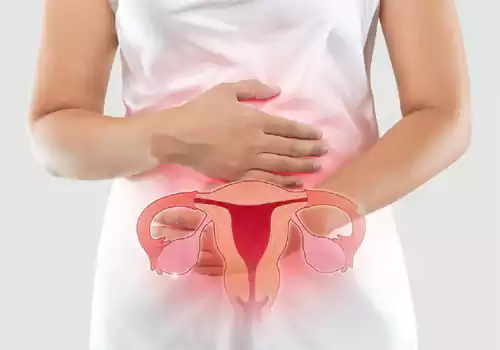Kidney Disease--Reduce your Risk
.png)
Kidney Disease is characterized by a gradual loss of kidney function over time. While the kidneys play a vital role in keeping our body functioning, their importance can be underestimated.
Healthy kidneys are responsible for many bodily processes. The kidneys regulate the body's fluid levels, filter waste and toxins from the blood, release hormones to regulate blood pressure and produce red blood cells, help maintain healthy bones, and keep blood minerals (sodium , phosphorus, potassium) in balance.
When the kidneys are damaged, it decreases their ability to keep one healthy. As kidney disease progresses, waste can build up in the blood and make one feel sick. One may develop complications like high blood pressure, anemia(low blood count), weak bones, poor nutritional health or nerve damage. Kidney disease also increases ones risk of having heart and blood vessel disease. When kidney disease turns into kidney failure, treatment requires dialysis or a kidney transplant. These problems may happen slowly over a long period of time, but early detection and prevention are key to keeping kidney disease from getting worse and preventing or treating complications.
We will learn more on 'How to detect kidney disease' in our upcoming articles....




.webp)